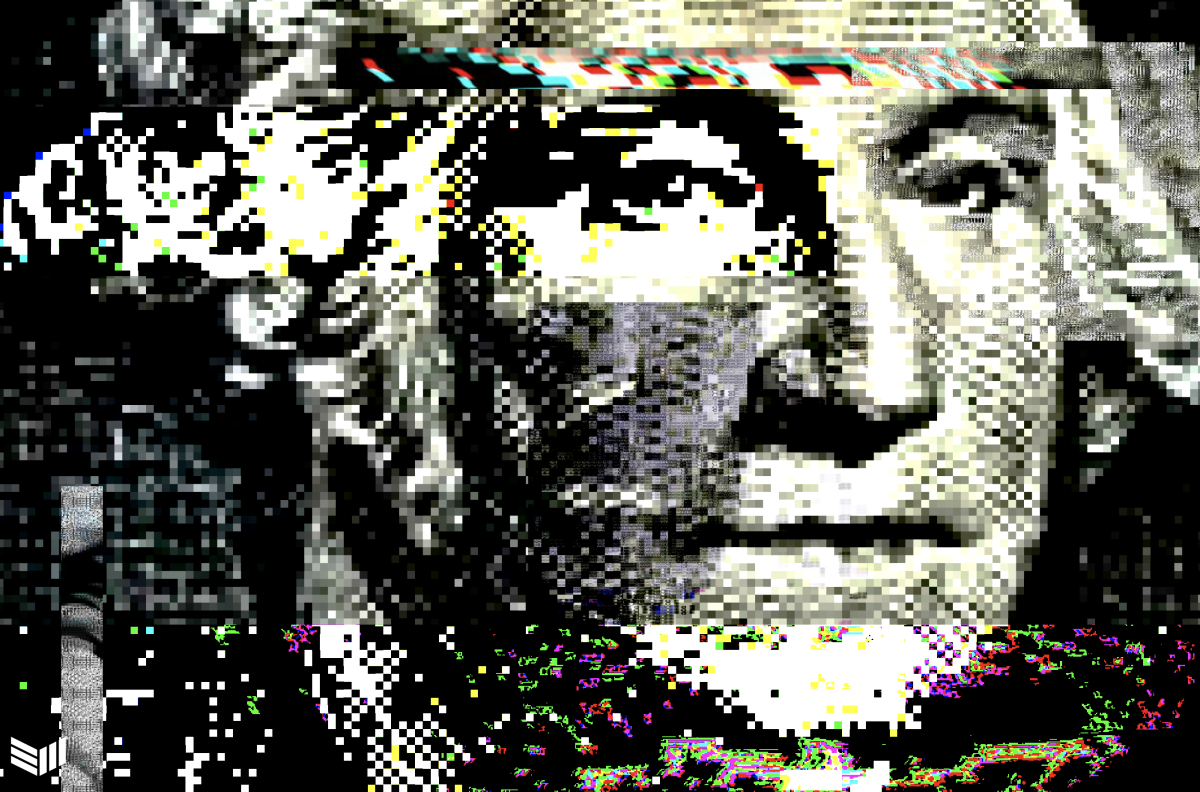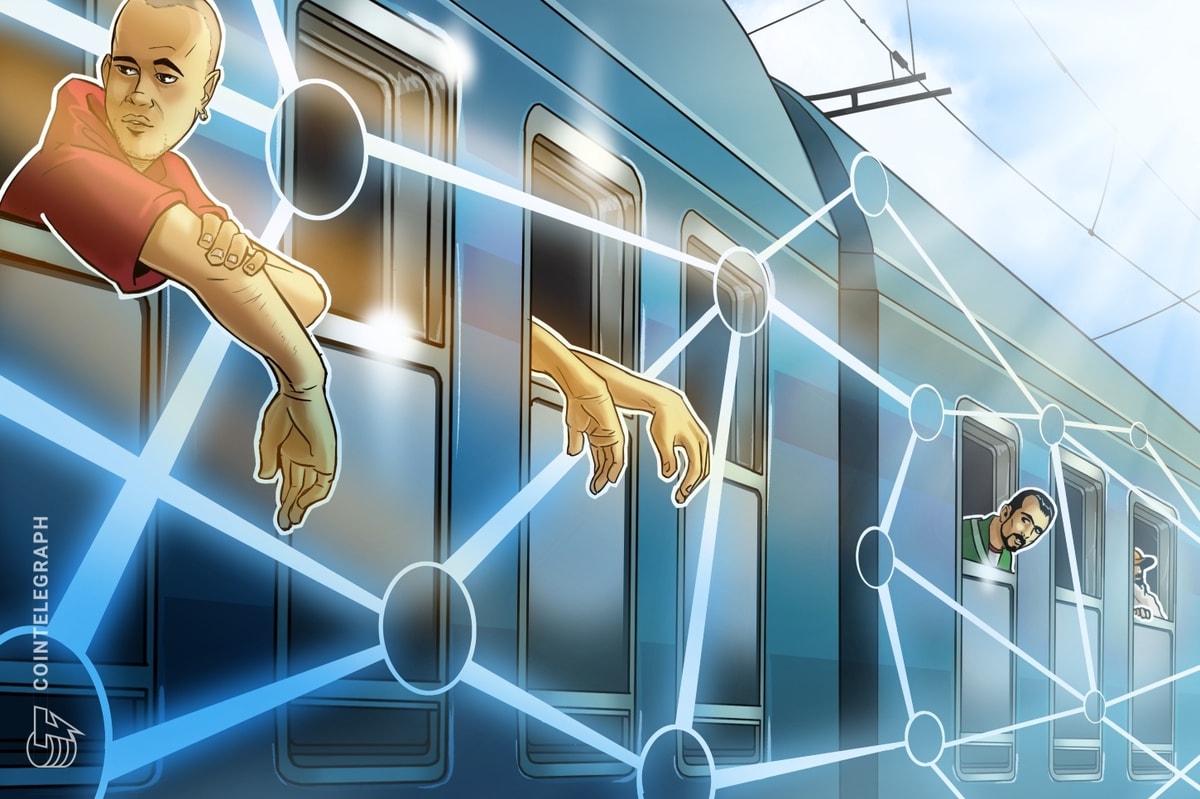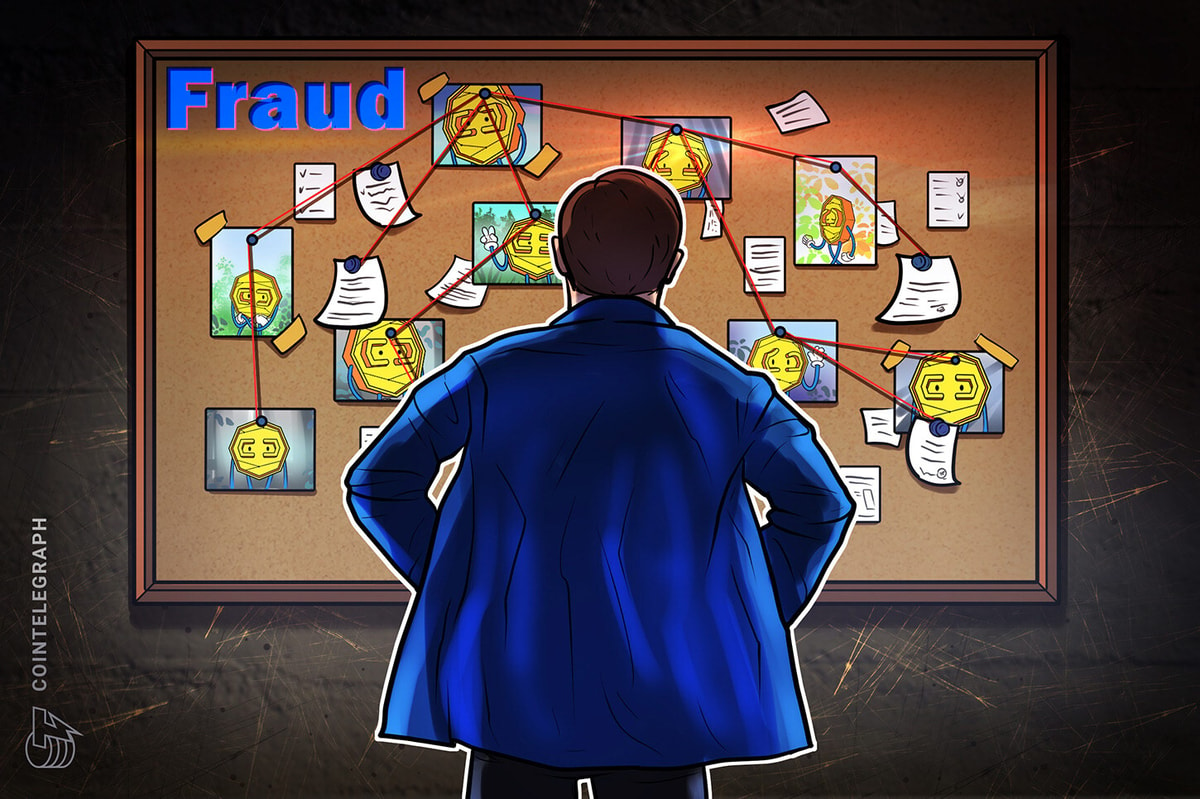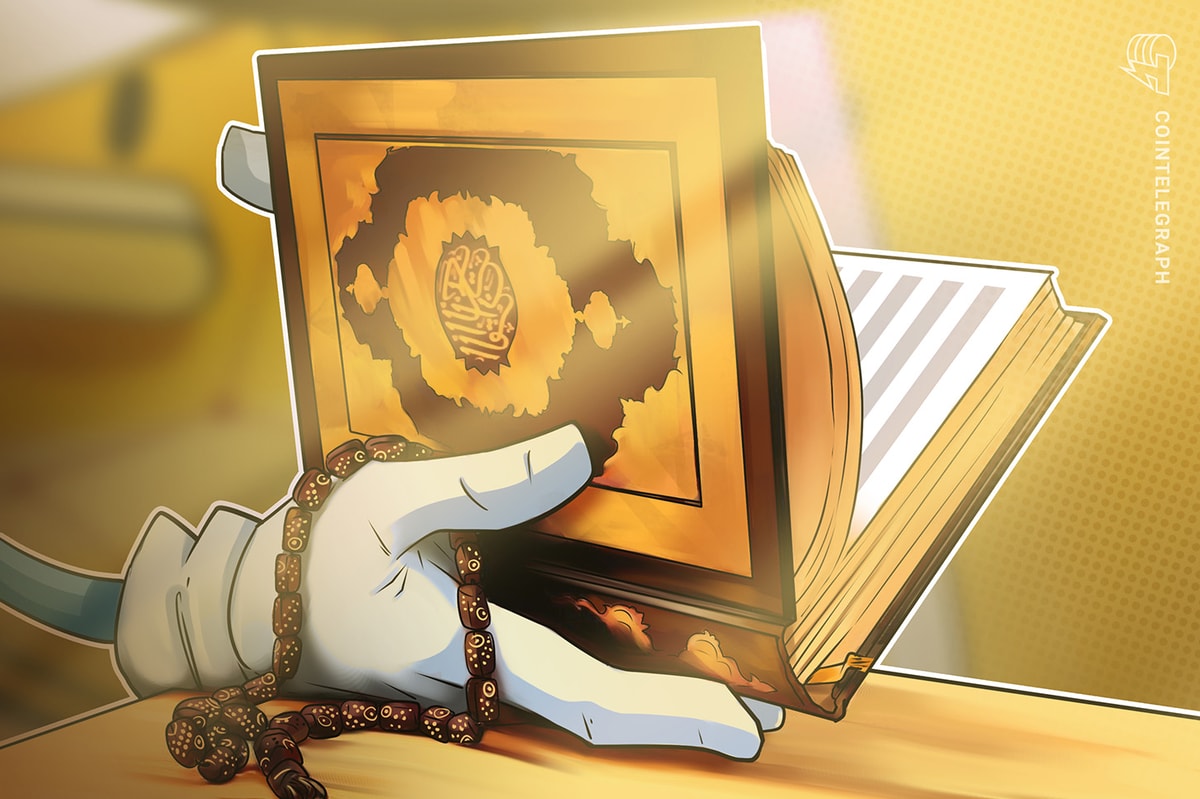The separation of money and state is the most important change to society ever. Why? Let’s rewind the clock and find out.
Church And State
Throughout recorded history, religion and power have been inexorably linked. The collective belief in one or more divine entities is very powerful. It enables humans to form larger groups than other primates.
Dunbar’s number represents how many people with whom one can maintain relationships. Without collective beliefs, human tribes could not have exceeded this number. Thus, civilization needs a belief system at its core. Belief systems provide human leaders with motivational tools. The introduction of ceremonial burial was one such tool. With ceremonial burial came the promise of an afterlife. This tool enabled tribal leaders to start wars with other tribes. Other primates fight each other too, of course, but outright war is a different thing. War has a supposed purpose for the collective.
Despots could now trick their subjects with the promise of a better life after this one. This gave them immense power, since they could now rally armies to further their causes. It enabled them to form nation states. Controlled territories with loyal citizens living in fear of the armed forces. Because of people’s beliefs, the divine right of the ruler became a part of their operating system. For centuries, this was the basis of governance for almost all nations. The rulers' supposed closer connection to the gods legitimized them in the eyes of the people.
Then, the colonization of the Americas introduced a new problem for the ruling class: People from different religious backgrounds needed to band together in the new states.
Enter the ideas of English philosopher John Locke. Locke argued that the realm of individual conscience was a personal thing. Thus, the liberty of conscience had to remain protected from any government authority. Locke’s ideas had a huge influence on America’s founding fathers. Religious tolerance became the norm in the new world. Thomas Jefferson wrote that the government should “make no law respecting an establishment of religion, or prohibiting the free exercise thereof.”
These ideas made their way into the First Amendment to the U.S. Constitution. You know, the one about protecting freedom of thought and expression. Similar developments were happening throughout Europe. Today, almost all Western democracies call themselves “secular states.” Freedom of thought propelled humanity forward in unprecedented ways. Claiming that the earth revolved around the sun wasn't a crime any more. The dogmatic thinking of the church was no longer a burden on scientific progress. The ideas of the Enlightenment had finally emerged victorious. Humanity had abandoned superstition. The elites could no longer fool people into submission with their lies. Or could they?
Money And State
The institutions of the church and the state were no longer dependent on each other, true. But religious traditions were still dictating how these states operated. The Gregorian calendar remained in use and Sundays remained somewhat sacred. So did Christian holidays like Christmas and Easter. Ceremonial burial is everywhere. An alien would most likely find the practice very odd. But most important of all, the belief in the state itself remained. For what maintains the state if not religious belief? What gives one man the right to govern another? Aren’t these notions mere remnants of an antiquated belief system?
Some of us think they are. Some of us see no difference between the allegiance to God and the justification of a government. The most powerful tool of lulling people into a specific set of beliefs that exists today is money. With the introduction of fiat currencies came a new way of controlling populations. New methods to keep them enslaved. The central bank proved to be a much more powerful entity than the church could ever be. The thought of a better life after this one could make regular people do atrocious things to each other. The thought of a better life here and now could make people do atrocious things to themselves. It enslaved them in perpetuous work, as they all strived to become rich — an impossible goal for most people.
As long as there are money printers, there can be no freedom of expression. Money is the tool we use to express value to each other. Whoever controls the money supply controls the world. The words “In God We Trust,” printed on every dollar bill in existence, gives a clue to how fooled we’ve been. We’re not secular. We still belong to a cult. The emperors are still naked. There’s still no such thing as divine right.
If we want to become secular, we have to separate money and state. There’s no middle ground here. People in charge of issuing currency can't resist enriching themselves. The incentives are too strong. There’s no way around this. Never trust a piece of paper that says "In God We Trust." There's probably no God and definitely no "we."
But, since 2009, we have had Bitcoin. A beacon of hope in an otherwise dark world. A peaceful way of disarming the sociopaths. A way of making violence a lot less effective. If you want your mind to be free, rid yourself of all appeals to authority. Take control of your destiny. Emancipate yourself. Don’t let anyone dictate the course of your life.
Amen.
This is a guest post by Knut Svanholm. Opinions expressed are entirely their own and do not necessarily reflect those of BTC Inc or Bitcoin Magazine.











